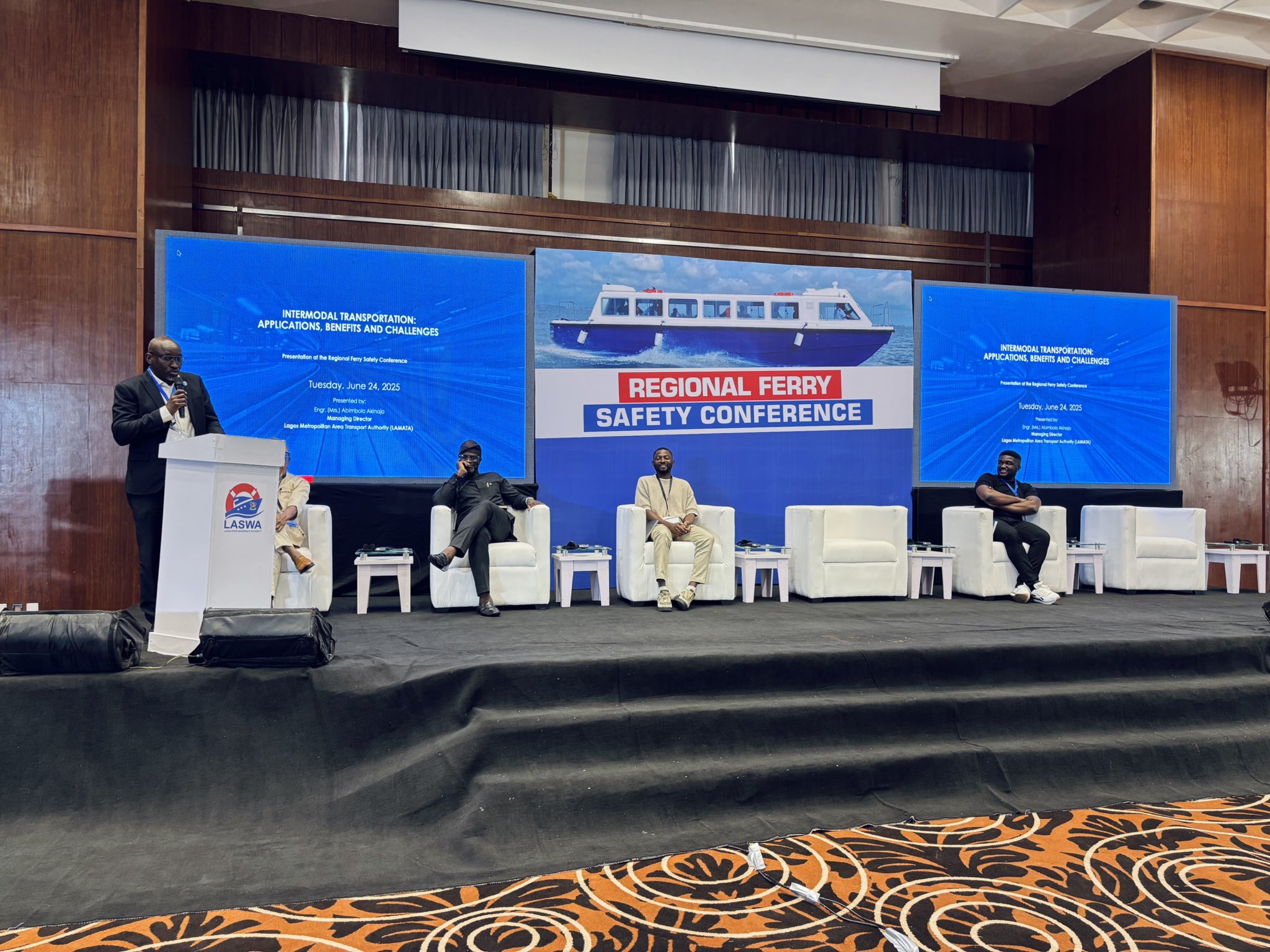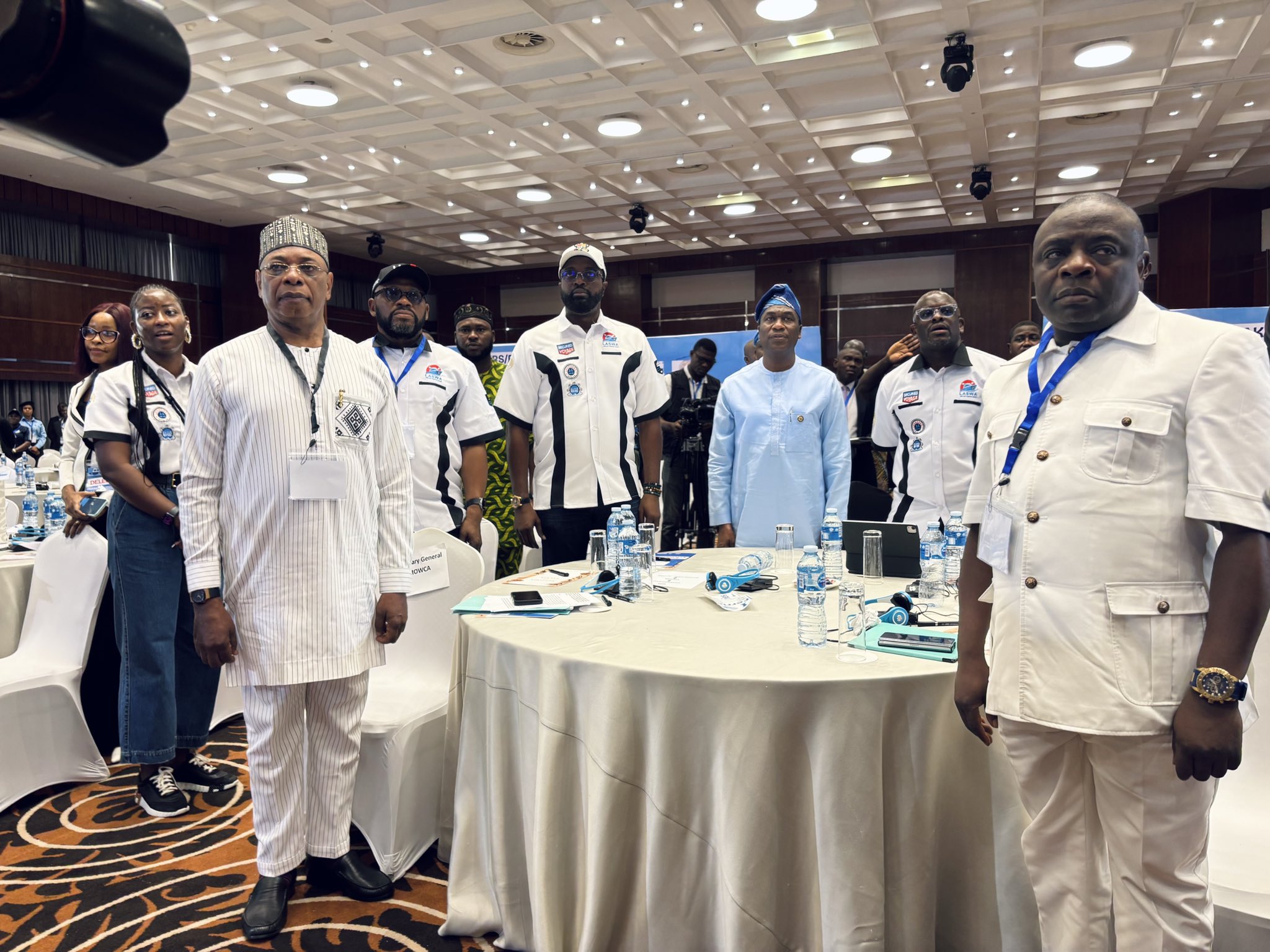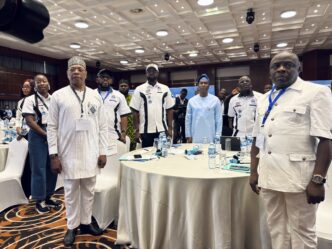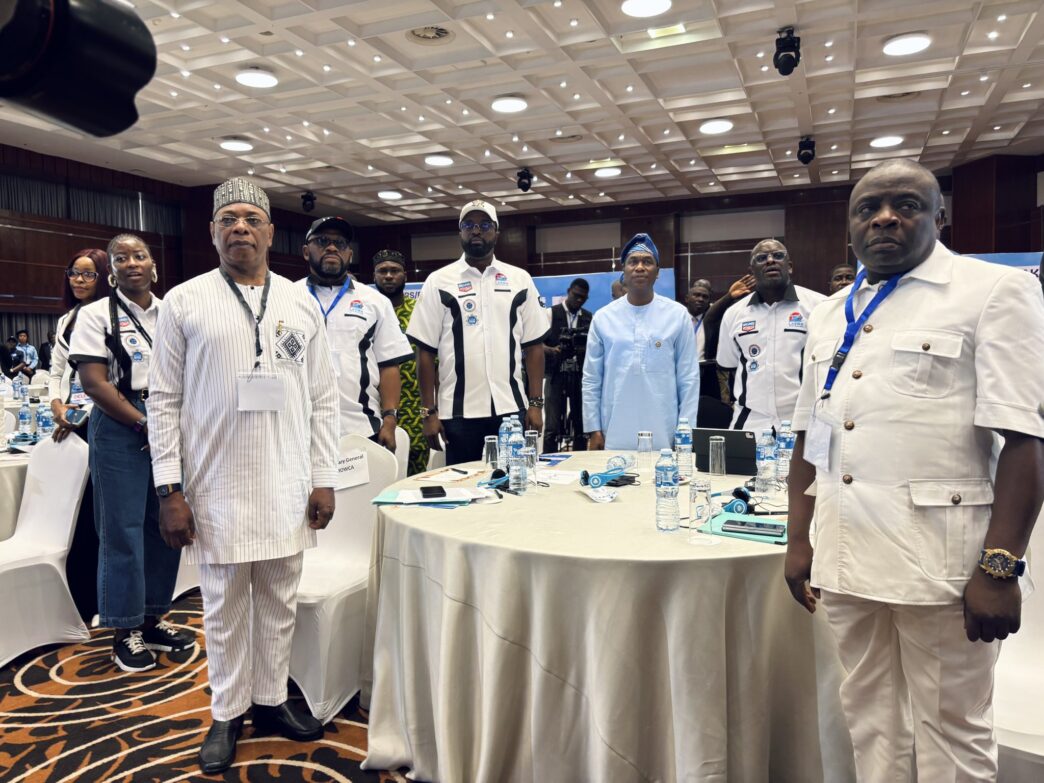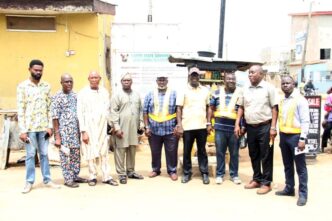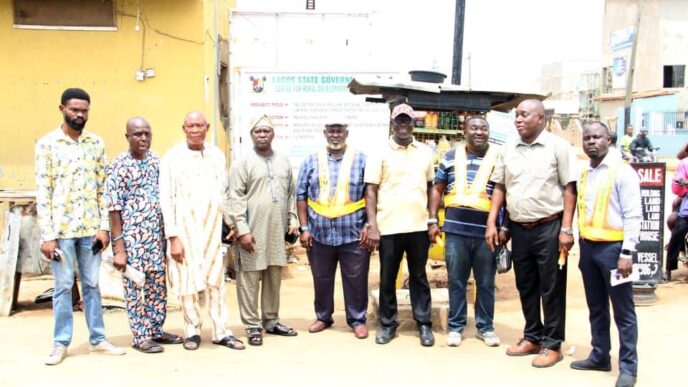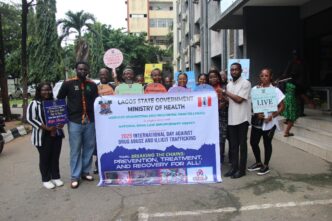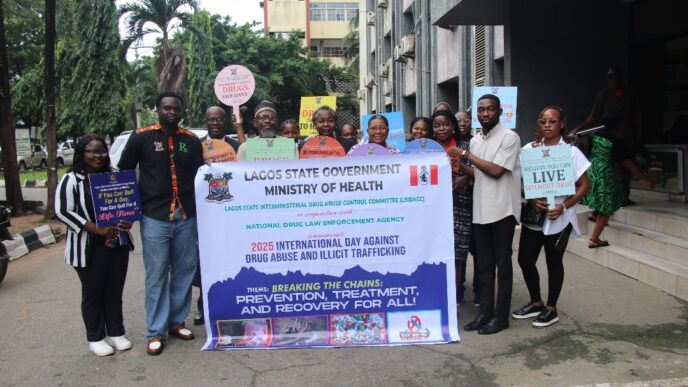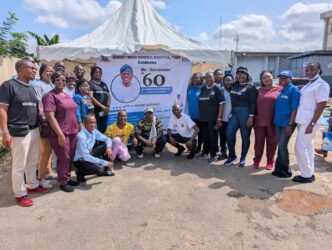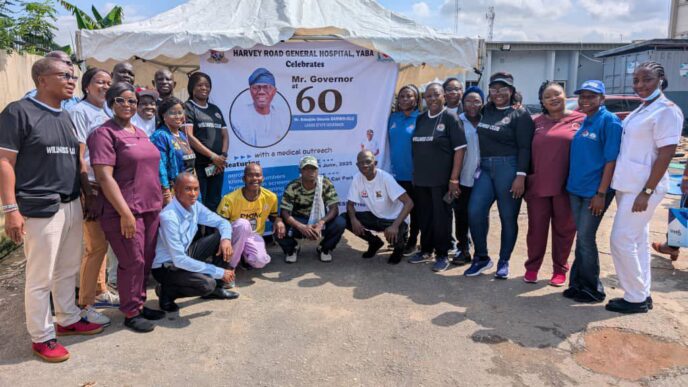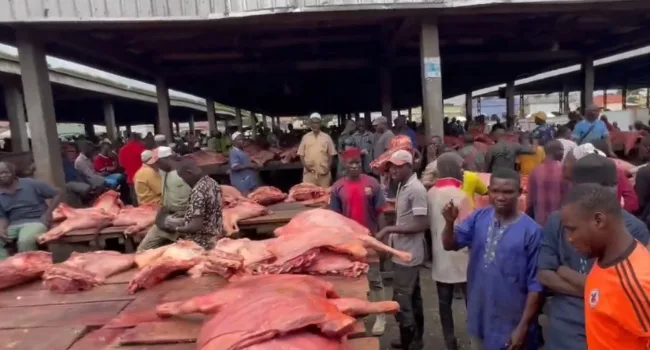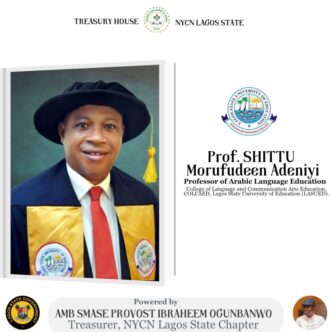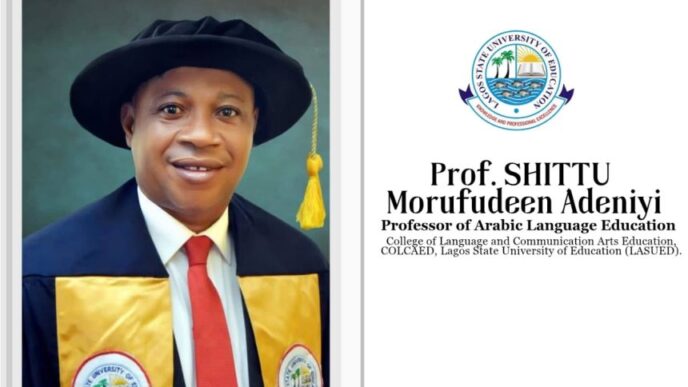Lagos State once again demonstrated its leadership in innovative urban mobility by hosting the 2025 Regional Ferry Safety Conference, themed “Charting Safer Waters: Advancing Ferry Safety Through Innovation, Collaboration and Integrated Transport Solutions.”
EpeInsights reports that the event, organized by the Lagos State Waterways Authority (LASWA) in collaboration with the Maritime Organization of West and Central Africa (MOWCA) and global ferry association Interferry, the high-level event attracted key players across the public and private sectors, including policymakers, ferry operators, regulators, safety experts, and development partners.
Held in Lagos, the commercial hub of Nigeria and a city with over 22% of its landmass covered by water, the conference provided a strategic platform for dialogue on transforming ferry safety across the West African sub-region.
The event was declared open by Lagos State Governor Babajide Sanwo-Olu, who was represented by Deputy Governor Dr. Kadri Obafemi Hamzat. Other dignitaries included the Commissioner for Transportation, Mr. Seun Osiyemi; Permanent Secretary of the Ministry of Transportation, Mr. Olawale Musa; Managing Director of LAMATA, Engr. Abimbola Akinajo; LASWA General Manager, Mr. Oluwadamilola Emmanuel; and LBSL Managing Director, Mr. Idowu Oguntonna.
The conference reinforced the state’s strategic goal to shift a significant portion of daily commutes from congested roadways to the underutilized waterways. In one of the key sessions, Engr. Osa Konyeha, Technical Adviser on Planning to LAMATA, unveiled Lagos’s long-term integrated multimodal transport strategy.
He emphasized how water transport is increasingly being positioned to work in sync with other modes including road, rail, and bus systems.
He also spoke about the upcoming “Omi Eko” project, an ambitious, €410 million Lagos Inland Waterways Development initiative supported by the French Development Agency (AFD), the European Union, the European Investment Bank, and the Lagos State Government.
The Omi Eko project is expected to radically transform water mobility in Lagos.
It includes the dredging of 15 ferry routes, construction and rehabilitation of over 25 modern terminals, deployment of at least 78 ferries—many of which will be electric-powered and integration with the Cowry Card smart-ticketing platform.
These efforts aim to increase the modal share of water transportation from the current 2% to 9% by 2030.
This transition will not only ease gridlock on major roads but also reduce carbon emissions by more than 40,000 tons annually.
As part of its proactive safety strategy, LASWA has deployed real-time monitoring systems across jetties and ferry routes, allowing centralized oversight of boat movements and terminal operations.
A dedicated Waterways Monitoring and Data Management Centre now supports rapid response in emergencies.
The state has also strengthened its patrol fleet and increased the number of trained water guards to 103, spread across key locations such as Five Cowries and Falomo terminals.
The ongoing terminal upgrades reflect Lagos’s commitment to world-class standards. New facilities now feature gender-sensitive designs, improved lighting, CCTV, reserved seating for vulnerable passengers, barrier-free access, parking spaces, and public amenities including restrooms and ATMs.
Furthermore, safety compliance has been reinforced with stricter regulations on vessel inspections, the use of life jackets, and the licensing of ferry captains and deckhands through Yamaha-sponsored training programs.
Lagos’s innovation in ferry safety and green transport was praised by international delegates. MOWCA Secretary-General Dr. Paul Adalikwu highlighted Lagos’s unique role in shaping sub-regional water safety protocols, while Interferry CEO Mike Corrigan emphasized that Lagos was the first African city to host an Interferry-supported safety initiative.
The global association also brought in 12 international safety experts to share insights and strategies from other ferry-operating nations.
Deputy Governor Hamzat reiterated that ferry safety is not merely a local concern, but a regional imperative. He called for a harmonized approach across West Africa to enhance emergency response coordination, crew training, and regulatory oversight.
He added that Lagos’s leadership in this space is driven by necessity and vision, noting that over 60,000 Lagos residents already use water transport daily.
The state’s efforts align with its broader multimodal transport vision, which includes expanding the Blue and Red rail lines and developing complementary transport corridors.
The Five Cowries Terminal, now a flagship model, exemplifies this synergy, linking ferry users directly with bus and train options in a seamless manner.
With the Omi Eko project set to launch officially in June 2025 and full implementation scheduled by 2030, Lagos is clearly charting a bold path toward sustainable urban mobility.
The Regional Ferry Safety Conference not only reinforced the city’s commitment to safe, efficient, and climate-resilient water transport but also cemented its status as West Africa’s ferry safety epicenter.